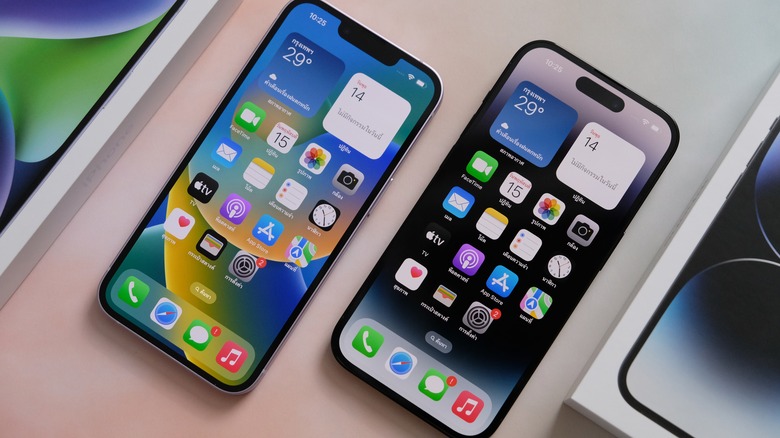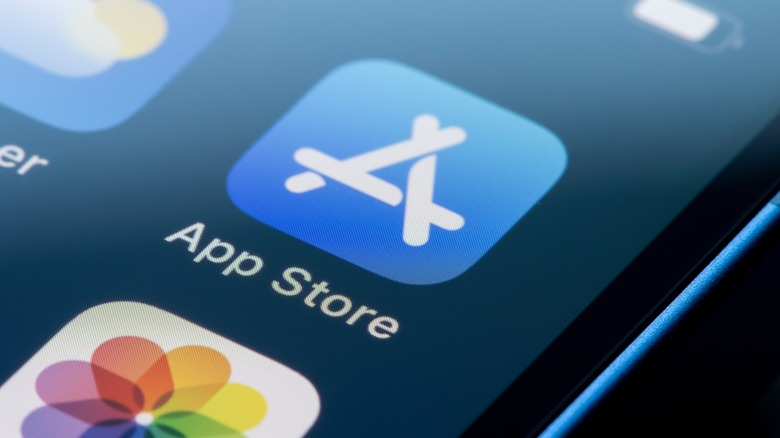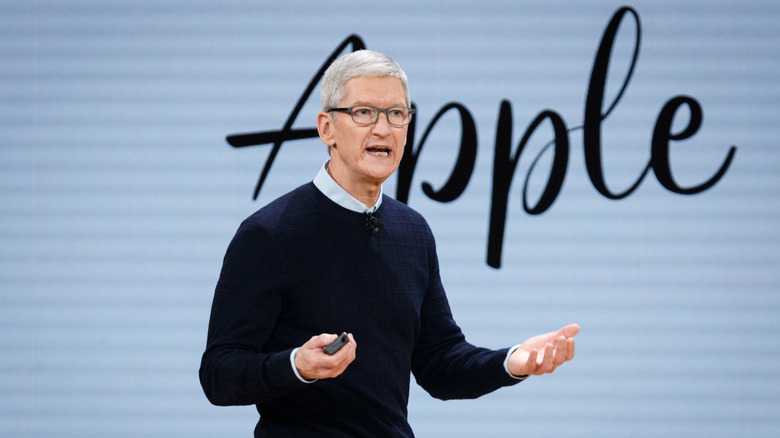Apple Hit With Class-Action Lawsuit After iPhone Privacy Revelations
An alleged broken promise to leave iPhone user data alone has brought mass litigation against Apple. The class-action suit comes after Mysk — a cybersecurity research team of two iOS developers — revealed earlier this month on Twitter that Apple harvests analytics data from the App Store, Stocks, Apple Music, and Apple TV apps, despite an explicit vow in the iPhone settings that it will not do so.
In Apple's "Device Analytics & Privacy" About page in the "Analytics and Improvements settings" of an iPhone, Apple states that it will "disable the sharing of Device Analytics altogether" if the user revokes permission for analytics sharing. Despite this, Mysk found that data across multiple applications is apparently excused from this promise — with the tracking patterns evidently appearing identical, regardless of whether or not the analytics harvesting permission was on or off.
The discovery is "shocking," Mysk told Gizmodo last week. In its privacy policy, Apple says it "respects your ability to know, access, correct, transfer, restrict the processing of, and delete your personal data." The brand also states that requests to exercise privacy rights can be denied if they are deemed frivolous, vexatious, or "extremely impractical."
Mysk report says App Store tracks every click and swipe
According to Gizmodo, using a jailbroken iPhone to get specific information on data transfers, the Mysk analysis found that any time an iPhone user opens the App Store, searches, clicks on, and views an app (including for how long you view it), and encounters an ad, that data is harvested along with device information like ID numbers, model of phone, keyboard language, and Wi-Fi connection. Despite opting out of personalized ads and recommendations and data sharing, Mysk said that the permissions change "did not reduce the amount of detailed analytics that the app was sending."
And if you're watching stocks, Apple pulls that information, too — which stocks, time stamps for viewing and searching them, and which news articles were clicked in the Stocks app.
As Gizmodo points out, watching over App Store activity can spark major trust issues between iPhone users and Apple. Viewing and downloading apps that pertain to medical and mental health, substance abuse and addiction, sexual orientation, and religion can expose sensitive information that — by the words straight out of Apple's "Device Analytics & Privacy" disclosure — should be kept private.
Apple falls silent following class-action suit
Perhaps the biggest insult to injury is Apple's oaths to privacy as a standout from competitors — including an entire advertisement campaign, "Privacy. That's iPhone." Back in 2019, Apple hung a massive billboard in Vegas that declared "What happens on your iPhone, stays on your iPhone." Apple has been silent about the intentions behind this data harvesting since the Gizmodo report last week. However, further pressure has now been applied with the lawsuit filed in California federal court on November 10 — alleging that Apple has violated the California Invasion of Privacy Act. The suit, Libman v. Apple, Inc., identifies the collective plaintiffs as anyone who turned off analytics and application tracking, and still had tracking occur on an iPhone — hundreds of thousands of aggrieved Apple users could join the class, the complaint states.
The suit also alleges that, in Apple competitors Google Chrome and Microsoft Edge, "security experts have found that the ... data is not sent when analytics settings are turned off," which Mysk also confirmed to Gizmodo. Apple's security promises, the complaint documents say, are "utterly false."
As part of its requests to the court for restitution, the suit asks that any profits Apple "unjustly received" as a result of the data harvesting (despite explicit user revocation of consent) be relinquished to the plaintiffs.


